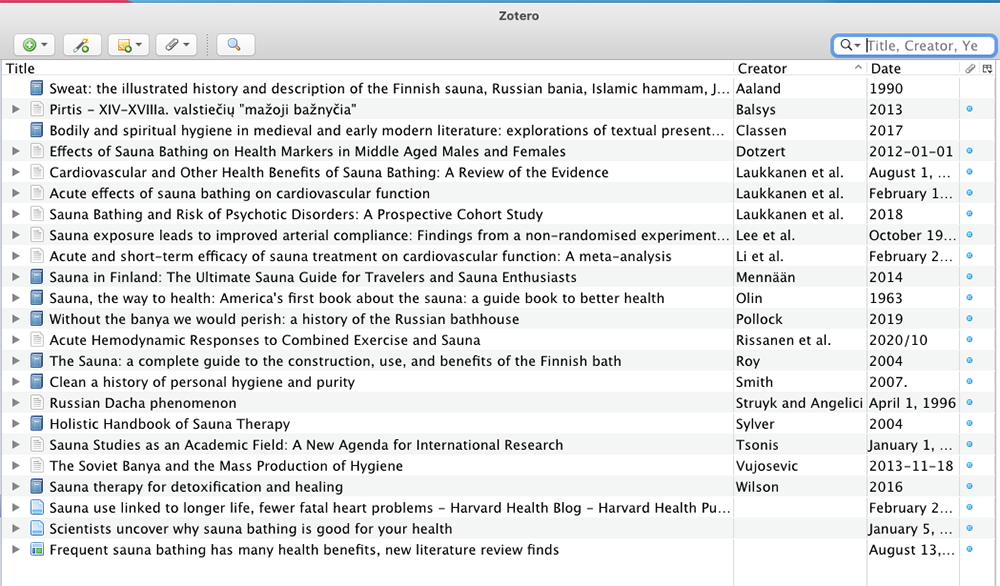tell me what you’re running from

About thirty years into yoga & meditation, I look back at the questions and desires I had for it in the beginning. The one that loomed largest was that I wanted some kind of coherent system that brought it all together and made sense in scale. A philosophical and practical system that included both yoga and meditation that would bring shifts that weren’t so gradual I couldn’t sense them, that had teachers who weren’t more fucked up than I was. I wanted both yoga and meditation integrated, not one or the other, or separate.
That didn’t exist though, largely because of how modern postural yoga has developed in the last century. Yoga schools are mostly postural, and meditation schools are mostly sitting. The meditation done at yoga schools is generally short and visualization based, which is pleasant and valuable but not terribly revealing.

On two occasions, I realized that my problem was essentially relational and that sitting silently on a cushion or doing backbends was not going to help my general distrust of people. To be honest, yoga and meditation teachers couldn’t answer many of my basic questions about the psychological patterns the practices can reveal—or show a way out of them, or even simply support my exploration of them. Whether or not that’s their place is a discussion for some other chat room.
(The problem stems from my father’s untimely death when I was a teen. I was encouraged to chin up and keep moving, and I did. But I shut down my grief and organized my reality to avoid experiencing such destabilizing loss ever again.)
So I found a good psychoanalyst who happens to think that meditation is largely about bypassing and dissociating. No, we don’t agree on everything. Thoughtful people generally don’t.
Yoga does create the body-container and body awareness to hold the psychological work of psychoanalysis and meditation, a concept I learned from the work of Marion Woodman. Decades in, I realized that the combination of my various endeavors, which include breath work, sauna, city walking, country hiking, and summer swimming, are all part of that pat system of yoga I once sought. The philosophy, once so central to Indian, Greek, and other ancient traditions of health, I’ve had to sort out on my own.
Ah yes, the individual.
Perhaps partially due to covid, I also realize that so many things I make part of my day simply because I enjoy them are just as healthy for me as yoga and meditation: getting up with the sun, walking outside (on the river or ocean, if possible), getting outdoors several times a day, swimming in the ocean, talking to friends and neighbors, taking photos, watching the animals of NYC, sauna/banya/pirtis (oh how I miss the smell of heated wood) and the obligatory cold dips or showers that follow, reading books, and so on.
The ocean swimming I knew was good, so to the sauna habit. And sure, the walking, the river, the small creatures. How? I felt it. I paid attention. Much of it, really, feels like yoga.
People find me a bit obsessive perhaps. But in the last year, youtube has informed me that my beloved pastimes are healing. Like, bonafide scientifically healing.
 But we knew that? Well, we did know that, but it’s interesting to hear another take. To have intuition confirmed, particularly when you aren’t status quo.
But we knew that? Well, we did know that, but it’s interesting to hear another take. To have intuition confirmed, particularly when you aren’t status quo.
Fifteen years ago, as part of my master’s degree research, I hunted for information in PubMed and various other sources on why sighing felt so good. The intellectuals smiled and said, “Oh, how cute, this yoga teacher,” with a look that suggested my question was trivial. Eventually, maybe five years later while reading about trauma, I found that it stimulates the parasympathetic nervous system. Okay then.
And now, fifteen years later, the mainstream scientists are studying it. That’s cool. Will more people do it? I hope so. Sauna studies have been going on for a while now, too, though mostly in Finland.

I turned to youtube over winter break when trying to find new ways of explaining breath work to students over zoom. Most of my students are more into the postural practice, and breath work can seem too esoteric. But I first learned yoga in the early 1990s at a 1960s-style school in the Village, where pranayama was a standard part of class. When I moved on to more vigorous styles of yoga, I noticed that the awesome effects weren’t as long lasting without the pranayama. So I include it in my personal practice, though sometimes my students resist it.
Youtube. I was aware that many of my young students plan on making it big on the small screen, but I had no idea of all the medicalized self-help on offer there. Every other doctor has a podcast on BEING YOUR BETTER SELF because HUMANS ARE PROGRESS THAT’S JUST WHAT WE DO.
It’s entertaining, it’s maddening, and I love it. I’ve thought about and researched self-help culture for decades because it’s an essential part of the American psyche and storyline.
What strikes me hardest about the youtube strivers is their desperation for progress. It is very upsetting for students to hear that history is not a linear story of progress, and many simply refuse to take that in. And so it is with the youtube coaches. “What are your goals? If you aren’t progressing, you are a loser! Better, faster, stronger! Tune in for more! I will succeed in my goal of saving you with my science-based advice! Here! Buy some vitamins!” (No shade, but I’ll sell you chocolate.)
As I stroll along the river early in the morning, I watch the bodies and faces of people running, walking, and working out on the pier. I wonder if they’re enjoying themselves as they struggle along, forcing their bodies farther and faster. They don’t stop to admire the cormorants drying their wings on the old pier stumps, the baby ducks lurching over a construction float, or the common terns on their wild and erratic nosedives into the river for fish.
I have no idea, really, if the strivers are enjoying themselves. Sometimes I am tempted to ask.
If you don’t enjoy moving, why do it? How do you even make yourself, if it isn’t fun?
Does everything have to be quantified to be valuable?
I’m not suggesting we only do what we enjoy or that we never push past discomfort. I’m just wondering if that’s all there is. And if moving isn’t fun for you, then stick around, because I can help with that. (Yes, I too, am a self-help guru.)
 If you’d like to support my work, buy stuff that you need from the links on the site. Some of them send us kickbacks at no cost to you, but a wee cost to the empire.
If you’d like to support my work, buy stuff that you need from the links on the site. Some of them send us kickbacks at no cost to you, but a wee cost to the empire.
If you’d like to eat chocolate that does not wreck your belly with detergents (ok, emulsifiers), Theo and another kind with a blue package are the only bars I’ve found that are free of guy-destroyers and delicious. I stick with 85% chocolate because there’s as much fiber in it as sugar. (Really.)
I was coming to your classes for a few years at Columbia, then COVID hit and I ended up moving back to Europe. Never got to tell you how much I enjoyed your classes. They were so well structured, intelligent, peaceful and quiet, the closest I ever got to the feeling I have when I practice by myself at home in an actual yoga class. For some reason I remembered you the other day and I came looking for the at home minimum practices you posted ages ago to do your flows a bit. Stumbled upon this entry and loved it. In my case, I cannot stand saunas, there is no amount of literature, research etc. that could convince me that they are good for me *individually* because humidity plus heat minus sea makes me feel awful. Running, on the other hand, makes me feel so good instantly. It makes me feel present, centered and free, no matter how crappy I feel. Yes, some of people that you see running are actually having a great time , I can attest. Yoga has helped me discover the roots of many of my emotions and psychological tendencies and the limitations they were imposing on me. I never came looking for it though, it just organically started popping up as I was practicing continuously, 6-7 days a week. Insights and links, a bit creepy and often embarrassing to be honest. Initially, I just came to stretch because I was sitting and staring at the screen too much (MA then PhD). Yoga felt good and *physically* made sense to me so I just went after the feeling and it ended up improving my psychology in the long run. I still wonder what exactly happened in terms of brain mechanism. I hope you are doing well Anastasia! Please, add me to your mailing list I want to keep in touch.
Vlatka! It’s great to hear from you. Thank you for this. It’s inspired an upcoming post, so I’ll email and reply there.